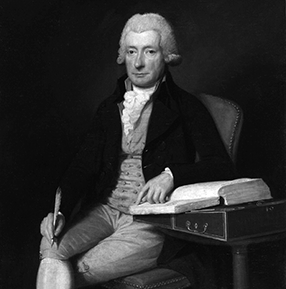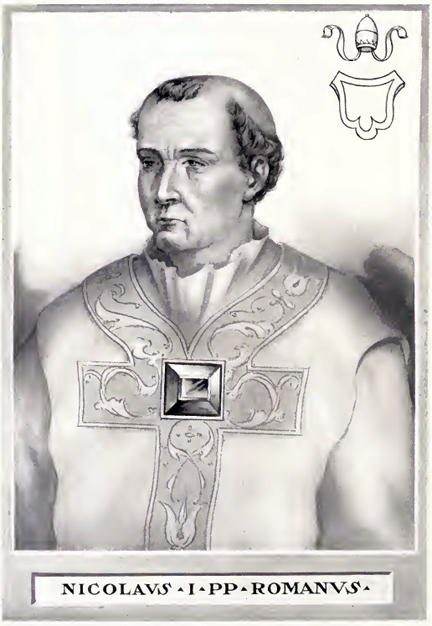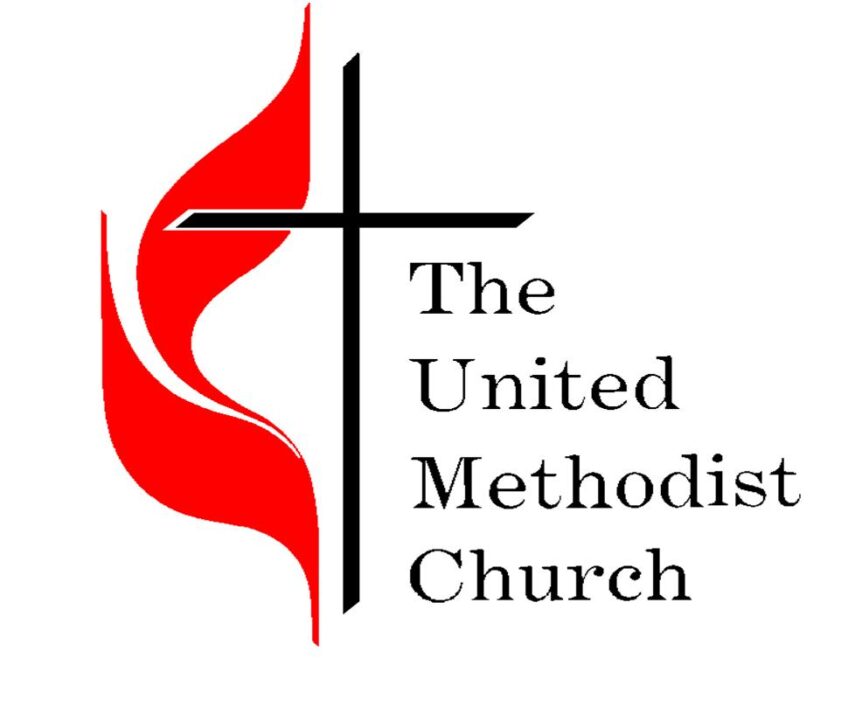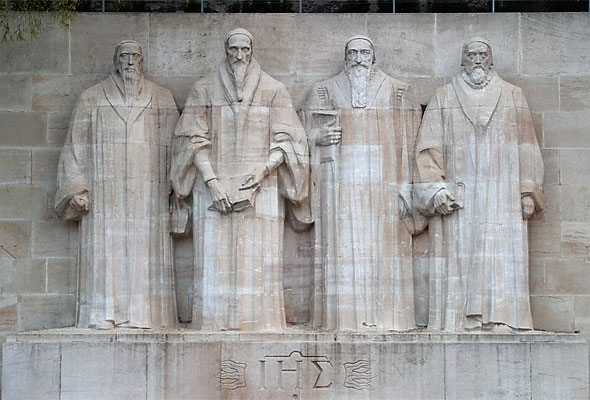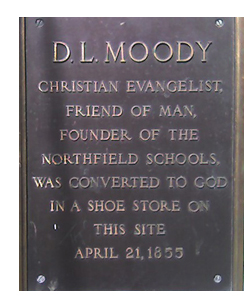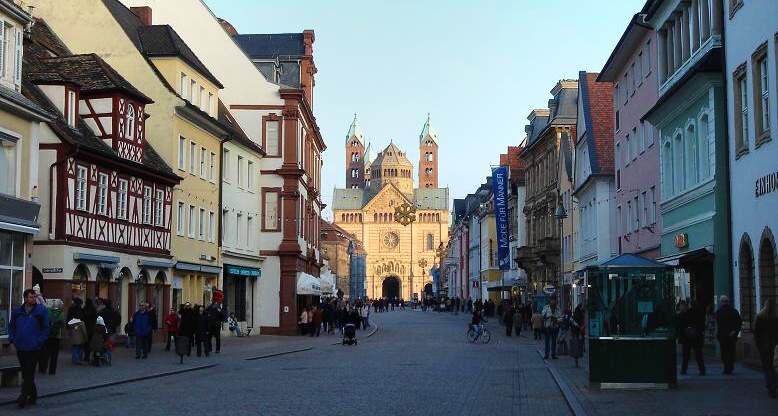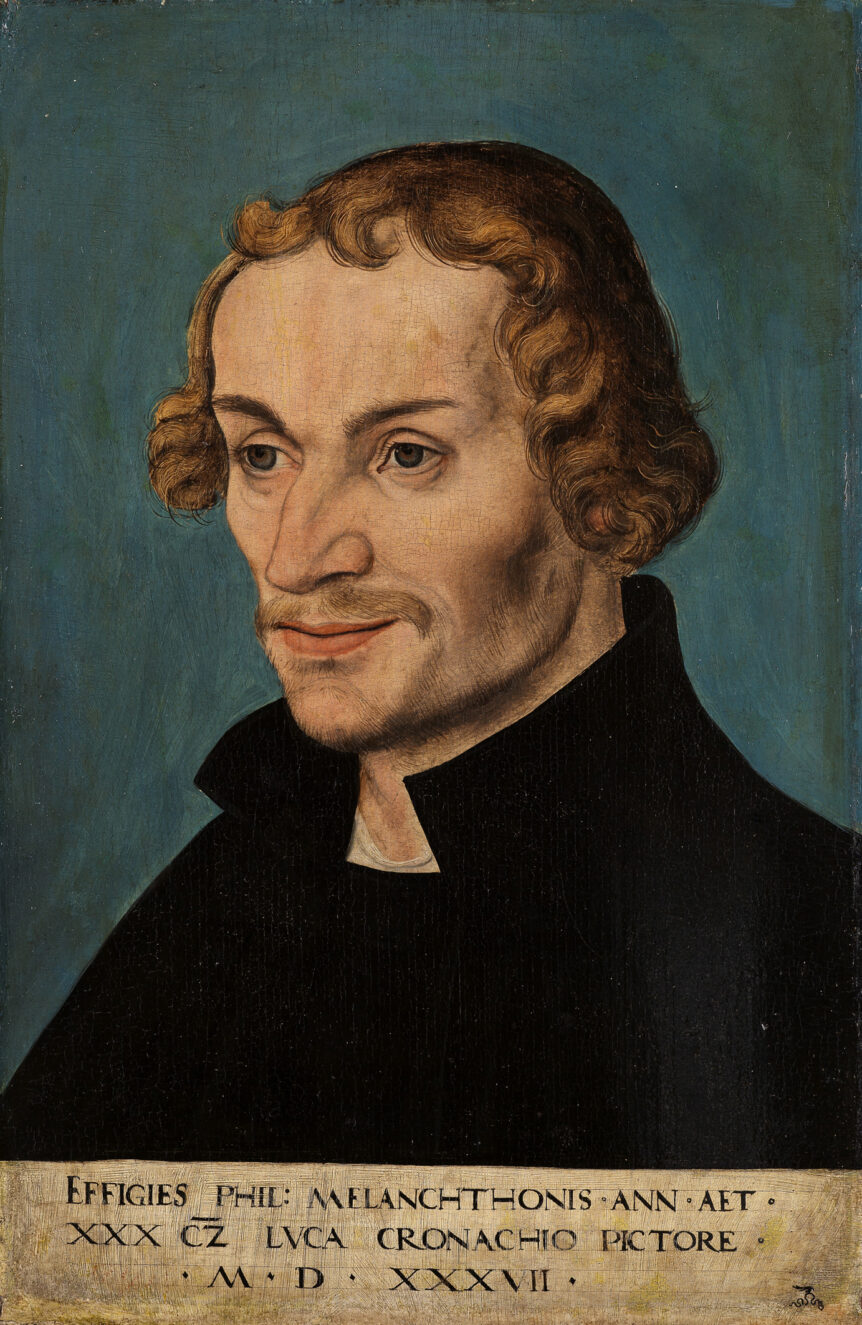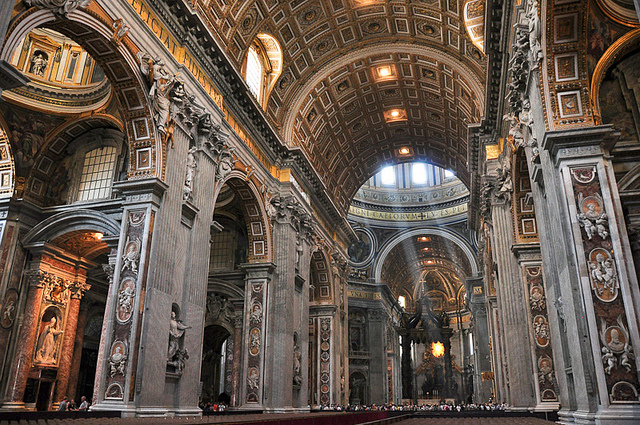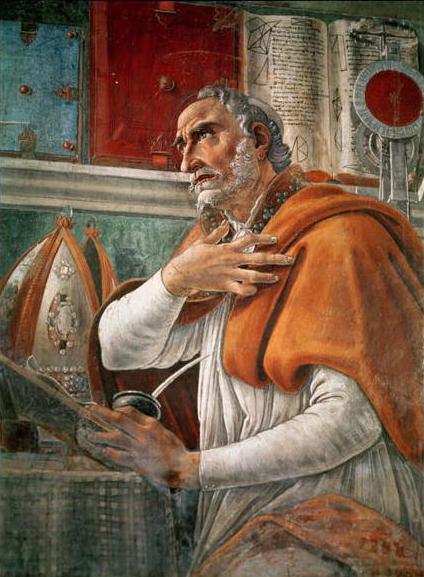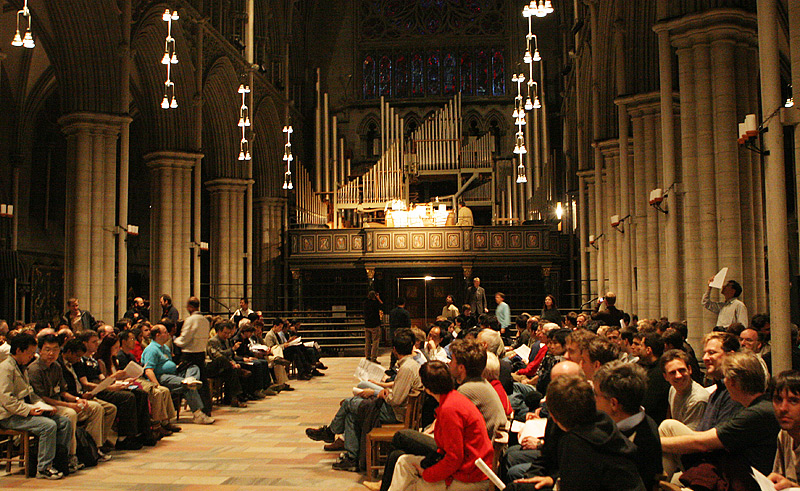William Cowper (pronounced Cooper) was a British poet who penned over 60 hymns including one his most famous “There is a Fountain filled with Blood”. He lived in Olney, England and co-wrote a hymn book called the The Olney Hymns with the local pastor named John Newton. The hymnal is where Newton’s Amazing Grace was first published. When Cowper died …
April 24, 858 – Pope Nicholas
An interesting study for us history types is how the Roman Catholic Church grew in power – in particular the papacy. One strong figure was consecrated on April 24, 858 as Pope Nicholas I. Henry VIII wasn’t the first king who wanted an annulment from his marriage. King Lothair, of what we today would know as Alsace-Lorraine between France and …
April 23, 1968 – United Methodists
What does it mean to be a “United Methodist”? On April 23, 1968 at a convention in Dallas, TX, the ten million member Methodist church united with the 750,000 Evangelical United Brethren to form the United Methodist Church. This put the denomination as the second largest Protestant evangelical church in America behind Southern Baptists.
April 22, 1538 – Calvin and Farel
As Protestants tried to learn how to integrate church life and civil life in the wake of no authority like the Roman Pope, many communities in places like Switzerland had their ups and downs trying to figure it all out. John Calvin came to Geneva at the request of William Farel (the two shown on the left of the Reformation …
April 21, 1855 – Dwight L. Moody
Many people know the influence Dwight L. Moody had on Christianity in America – an influence that can be felt today. It all started when Dwight was working as a stock boy in his uncle’s shoe store in Boston and Edward Kimball asked young Dwight to accept Christ on April 21, 1855. This is a plaque at the building where …
April 20, 1529 – 2nd Diet of Speyer
What is a Protestant? Today we know it as the movement that broke away from the Roman Catholic Church that began in earnest with Martin Luther in 1517. It wasn’t until the 2nd Diet of Speyer that started on April 20, 1529. A “diet” is a Latin term that essentially means a meeting of church folks to work through some …
April 19, 1560 – Philipp Melanchthon
One of the not-as-famous leaders of the Protestant Reformation was Philipp Melanchthon. Melanchthon was, like his mentor Martin Luther, a professor at the university in Wittenberg and is the person credited with teaching Luther Greek and encouraging Luther to translate the Bible into German. He also played a key role after Luther’s death in smoothing over the divisions that began …
April 18, 1506 – Blessing of St. Peter’s
When Pope Julius II blessed the foundation stone of the “new” St. Peter’s Basilica in Rome on April 18, 1506, he reportedly was lowered into the hole where the stones were being laid. Thousands of people came to watch and for the next 120 years architects and builders and artisans and popes would come and go until St. Peter’s was …
April 17, 387 – Augustine
Augustine was one of the greatest theologians in all of Christian history. He was a tremendous thinker about how the church should operate and was the first to expound on and articulate the doctrine of predestination. He also believed parts of the Apocrypha were Scripture and that church tradition was equal to the Bible – which is where the Roman …
April 16, 1118 – Saint Erland
The Orkney Islands of Scotland were, from time to time, ruled by Norway and at one point in time the Islands were jointly ruled by local twin brothers named Erlend and Paul. Eventually Paul died and his son Haakon and Erlend co-ruled under the approval of the King of Norway until Haakon wanted all the power to rule the Orkneys. …
